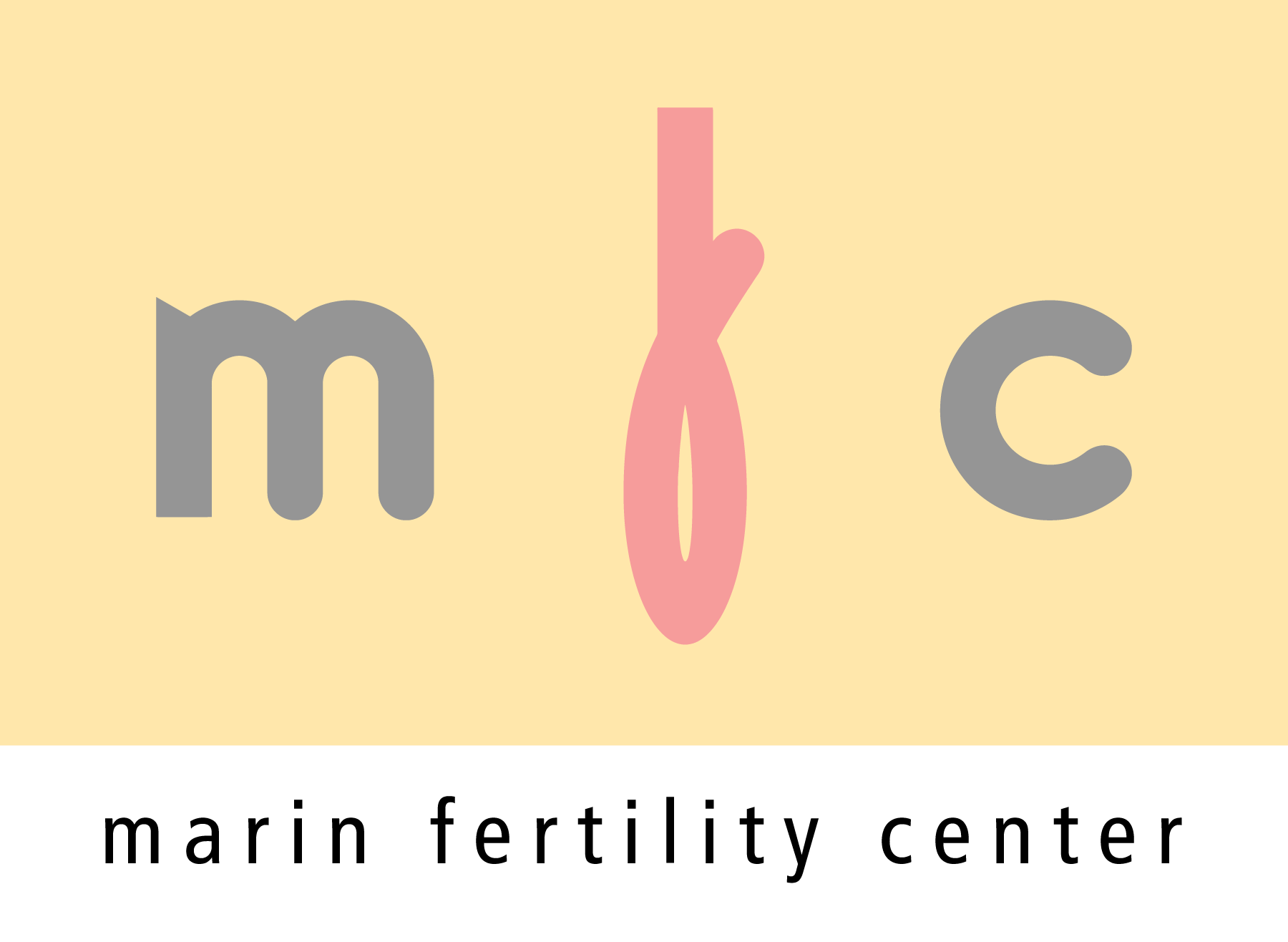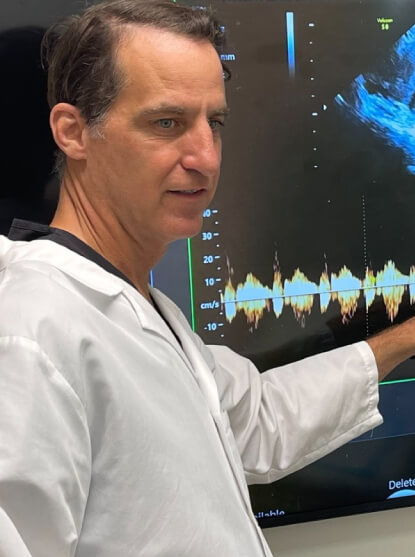choosing a carrier
Gestational surrogacy provides a viable option for individuals and couples facing a range of reproductive challenges, offering a pathway to parenthood with a biological connection to the child.
Choosing a gestational carrier is a deeply personal and significant decision on the path to parenthood. Intended parents often embark on a careful and thoughtful process to select a carrier who aligns with their values, beliefs, and preferences.
Key considerations include the carrier‘s physical health, emotional well-being, and previous experience with surrogacy. Compatibility in terms of lifestyle, communication, and expectations is crucial for establishing a positive and supportive relationship throughout the journey.
Open and honest communication, as well as a shared commitment to the well-being of both the carrier and the future child, play pivotal roles in the selection process.
Ultimately, the decision to choose a gestational carrier involves a combination of trust, mutual understanding, and the shared goal of bringing a new life into the world.


